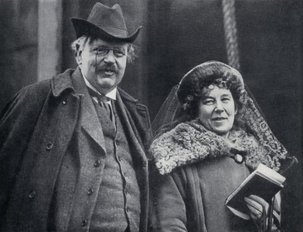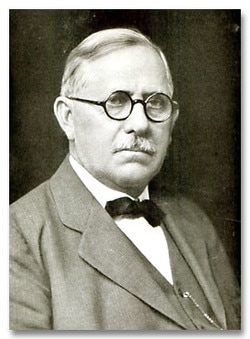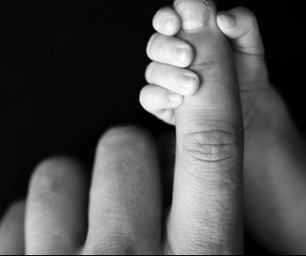
In the Gospel of Luke, we see a beautiful story of love, persistent prayer, and restoration. If you look in your favorite version of scripture, the story may be called something different, but in mine it is called the “Prodigal Son”. Many of us know the general layout of this short narrative. A man asks his father for His inheritance early (before the father’s death) and squanders the full sum on worldly pleasures. Then, we see the greatest part of the story. The son comes back home, thinking he will be ostracized, but instead is embraced and restored back to the family.
This plot gives us all “warm fuzzies”, doesn’t it? We then often relate this passage to the concept that Jesus will accept and restore us to His spiritual family no matter how far we have fallen away from Him. This is absolutely true, but I wonder if there is more that we are not seeing at first glance.
This boy, who asked his father for his share of the wealth, was essentially telling his father that he could do life without him. He desired the promised blessing over the relationship. Being a part of the family gave him a right to eventually have the wealth, but this young man looked at his family status as a means to an end. In this context, that glorious end for him was worldly pleasures.
How do you look at your spiritual life? When I say “spiritual life”, I mean the life you live now that Christ is in you. The markers of this type of life are prayer, giving, serving, scripture reading, hospitality, and corporate worship (among others). First, is this life separate from the life you lead in other contexts? Do you live one way in public and another way in private? Next, do you look at these spiritual activities as a means to an end? Are you only in it for the blessings?
It can be tempting to seek closeness with God mostly because He is the giver of blessings. What we realize is, the genuinely closer to God we become, the more we find that closeness IS the blessing!
Don’t look at Jesus as a means to an end (Heaven, blessings, etc). Seek Him because of who He is, and because He is our Father. He is the life giver!
Prayer for today: Father, please forgive me for the times I have taken your love for granted. Help me to become closer to you. Not for my gain, but for your glory! Amen.
This post was written by Rev DeCrastos. You can find his blog here: ministrysauce.com









 RSS Feed
RSS Feed